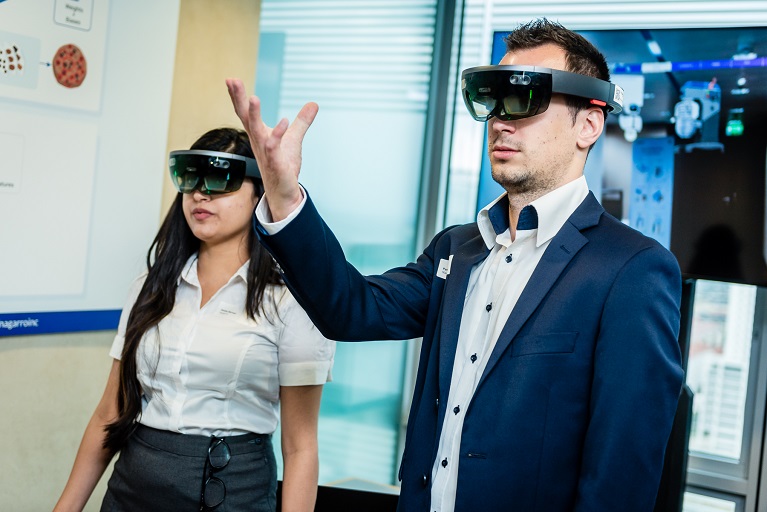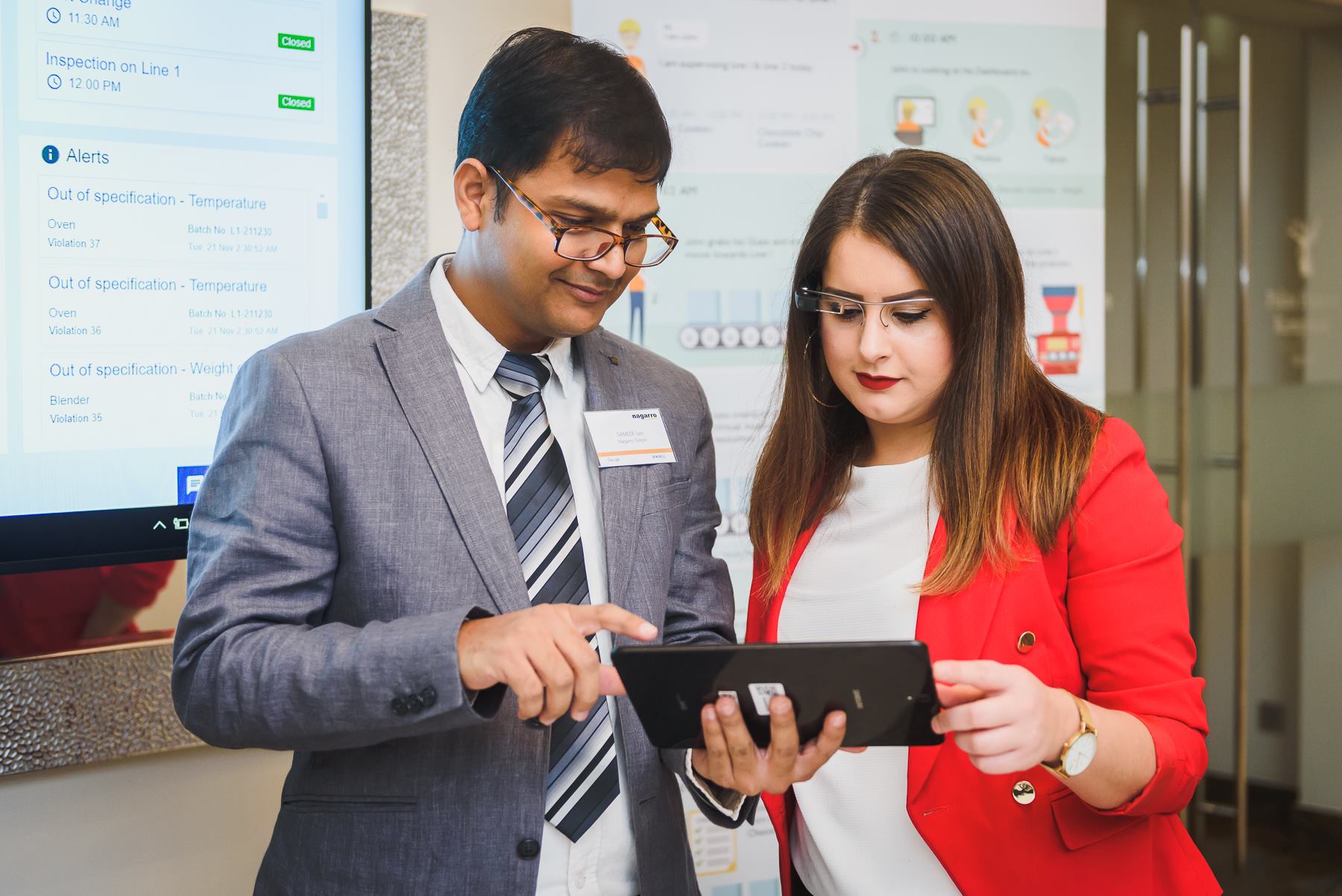The Coronavirus pandemic started as a health and humanitarian crisis and went on to impact every industry, showing business leaders the fragility in their well-established supply chains. The realization has set in that corporations will have to adjust to a ‘new normal’ post the immediate Coronavirus measures. But what exactly is this new normal? How does it change the way we work? Let us find out.
With imposed travel restrictions, followed by mandatory quarantines upon entry and widespread adoption of physical distancing measures, businesses have been adopting policies that limit physical presence on-site as much as possible. Hence, remote working tools and processes have become the key enablers towards ensuring supply chain stability in the ‘new normal’.
Even before the current Coronavirus crisis, remote collaborations were on the rise in any case, with many organizations being amenable to remote working infrastructure and office processes for distributed teams. The pandemic only forced and accelerated the adoption to remote working. However, not all tasks can be performed remotely, and thus, core processes such as equipment maintenance and acceptance processes within values chains across all industries are performed on-site.
Supply chains have begun breaking down, especially for global companies, and have forced slow downs in production or services. Corporations all over the world struggle with the following questions:
1) How can I maintain my machinery or local services without my experts traveling globally?
2) How can I support on-site workers with the globally available expertise to keep my processes running to the highest extent possible?
3) How can I reduce the response time for global expert support?
4) How can I optimize my processes to make them leaner in the ‘new normal’?
How can I address the supply chain disruptions created by the new normal?
To address these issues, your workforce must be technologically-enabled to connect directly with experts worldwide, while conducting on-site repair, maintenance, or acceptance. This is where the remote connected worker concept and reality technologies, such as augmented and assisted reality glasses, or your smartphone, come into play. These glasses can be worn by workers on-site, allowing them to stream their field of vision to receive remote expert support and guidance. This enables businesses to overcome problems that arise from travel restrictions and leverage globally available expertise much more efficiently. For service providers, such as utility companies, the connected worker solution enables them to drastically reduce their on-site personnel, as only one set of eyes is needed on-site, while all other experts can join remotely.
Many companies had adopted the remote connected worker concept across the globe even before the pandemic. Check this link to find out about how various companies adopted this solution and how they achieved phenomenal results subsequently.
How does this solution help my company?

Strengthen your supply chain
By applying the remote connected worker concept, you can leverage your expertise globally to address local issues in your supply chain by virtually conducting acceptances and maintenance tasks.
Leverage efficiency
Thanks to remote acceptance and maintenance, you can reduce your travel cost significantly and evade the impact of travel restrictions. Furthermore, supporting your local workforce remotely will allow you to utilize the precious time of your experts more efficiently by cutting down on travel time.
Be a thought leader
Enable your employees to leverage the current state-of-art technology to boost your employer branding.
How do I get started?
At Nagarro, we have just the right expertise and experience to help you! Our colleagues have written several blogs on how to set up prototypes and scale up AR solutions. This game plan serves to establish a ‘fail fast’ mentality, utilizing rapid prototyping as a core concept.
In essence, these blogs recommend the following step-by-step process to manage your risk exposure and ensure quick implementation timings:

We strongly encourage following the above-mentioned process scrupulously to minimize your risk exposure and adjust the chosen use case soon enough in your connected worker journey. Your journey will pick pace significantly, if you:
- understand reality technologies well enough
- have prior experience of implementing innovative technologies for core processes
Nagarro’s connected worker solution
Backed with 4 years of successful implementation experience on connected worker projects across different industries, we have well and truly been there, done that. We have seen that many companies try to start this journey themselves without acquiring the necessary knowledge and consequently struggle to generate a well-rounded, technically feasible and practically viable prototype. This leads to prolonged development and more importantly, stranded efforts.
To circumvent this issue, we provide end-to-end support to our clients with technological expertise throughout the journey with our Thinking Breakthroughs methodology:
- We provide methodologies to gather and rate use cases based on your essential requirements and create a game plan, tailored specifically to your needs.
- Our solution further incorporates several software accelerators, from cross-industry to industry-specific solutions and partner software from our global partner ecosystem. This enables us to complete the Proof-of-Concept phase within 1-3 months.
- We always adopt a client-specific combination of hardware and tailored software. We encapsulate the entire hardware ecosystem - from Smart Glasses (such as Vuzix, RealWear, or Google) to existing devices (smartphones and tablets), allowing us to craft a client-specific proposal.
- The software will be individually tailored to your use cases, based on accelerators and a wide network of partners. In this way, you can strengthen your processes in the “new normal”, leverage efficiency, and show the world how you are a thought leader in your industry!
If you would like to know more about our connected worker solutions, please reach out to the author or get in touch with us through this web form.





